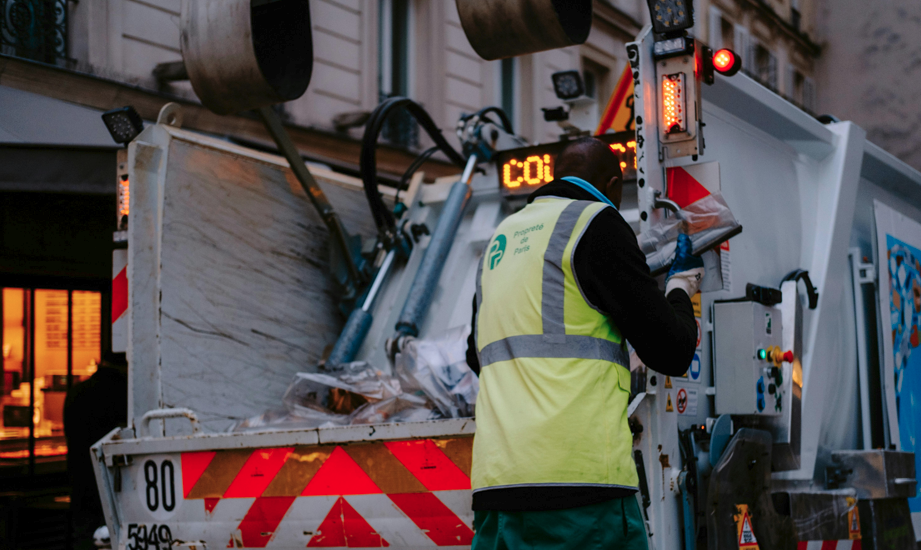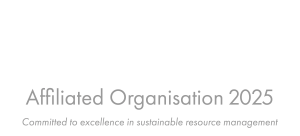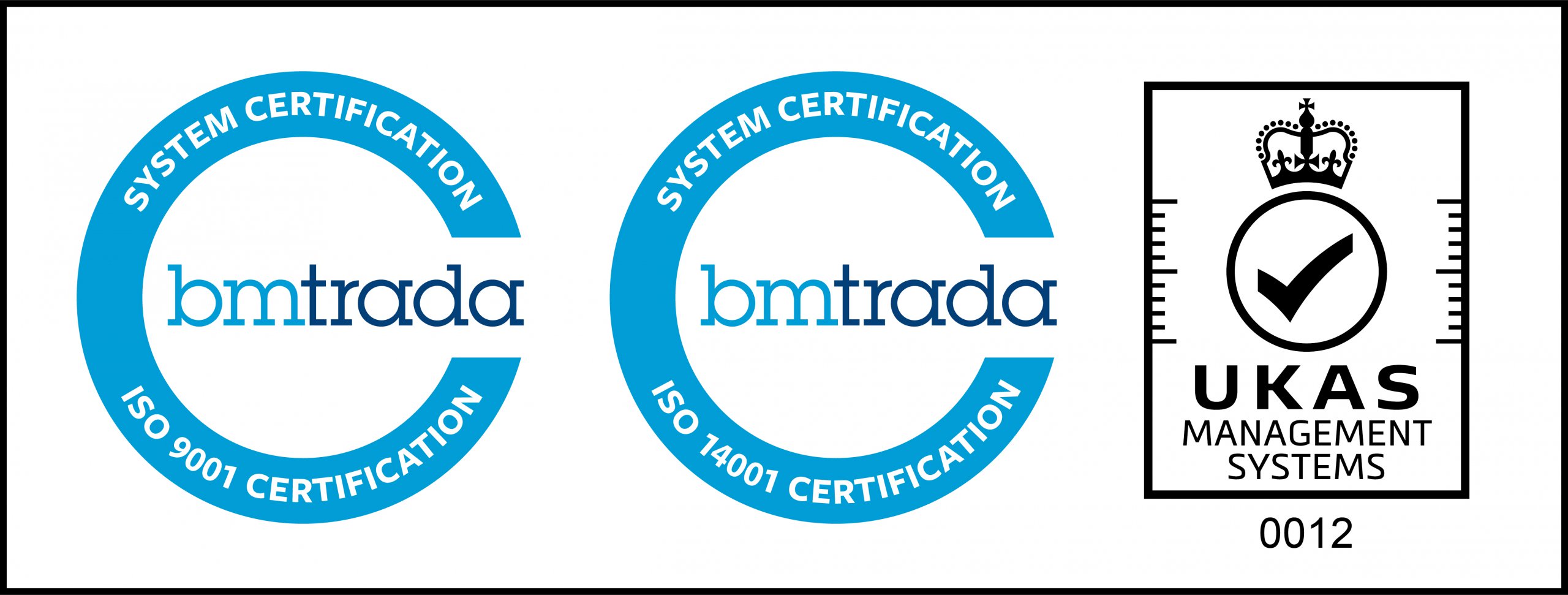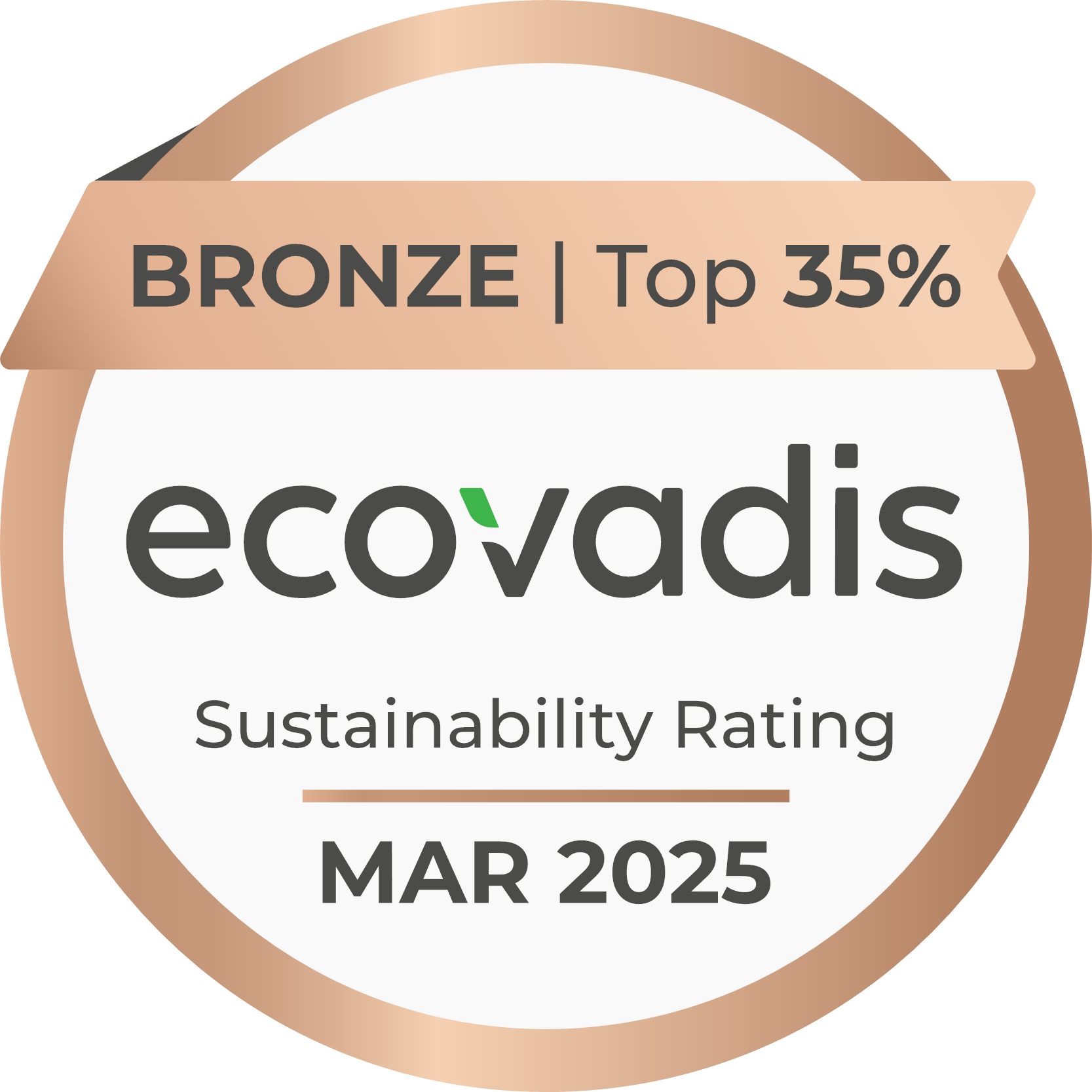The Environment Secretary, Steve Reed, has delivered a speech outlining the next stages of moving towards a circular economy in the UK.
The move is part of the government’s broader “Plan for Change”. In his speech, Reed pledged “to end throwaway culture” and “make reuse and repair the norm”.
Central to this plan is the work of the Circular Economy Taskforce. It was confirmed that the Taskforce has identified its first five priority sectors: textiles, transport, construction, agri-food, and chemicals and plastics. The group will now engage with these industries to develop tailored roadmaps aimed at improving and reforming material use.
Reed also stated that the government’s Circular Economy Strategy, set to be published in the autumn, will be supported by these roadmaps.
Concluding his speech, he addressed UK businesses directly: “My ask from you is simple. Please tell the taskforce, and tell me, what you need from us. Then work with us so we can make it happen.”
The Circular Economy Taskforce
The government established the Circular Economy Taskforce in December 2024 to develop the UK’s first strategy for transitioning to a circular economy. The Taskforce is chaired by Andrew Morlet, former CEO of the Dame Ellen MacArthur Foundation.
Morlet said: “Transitioning to a circular economy is an ambitious but crucial goal as this government kickstarts economic growth and turns Britain into a clean energy superpower.
“I welcome the vision set out by the Environment Secretary at this critical juncture in our journey. Our Taskforce will bring together industry, academic and policy experts with central and local government to ensure we maximise its potential fully by creating jobs, increasing resource efficiency and accelerating the path to net zero.”
Libby Peake, head of resource policy at the Green Alliance and a member of the taskforce, added: “Waste is baked into our current economic system and causes us harm on so many levels. It’s degrading our environment and international supply chains to the extent that economic shocks become inevitable. It adds a cost burden to the businesses’ bottom lines and frustrates people who are fed up with shoddy products, blatant waste and litter.
“But as the Environment Secretary outlines today, it really doesn’t have to be this way, and it’s great to hear his vision for how innovative, circular businesses will thrive in the UK in future. It’s an incredible opportunity to help bring about this change as part of the government’s Circular Economy Taskforce.”

















